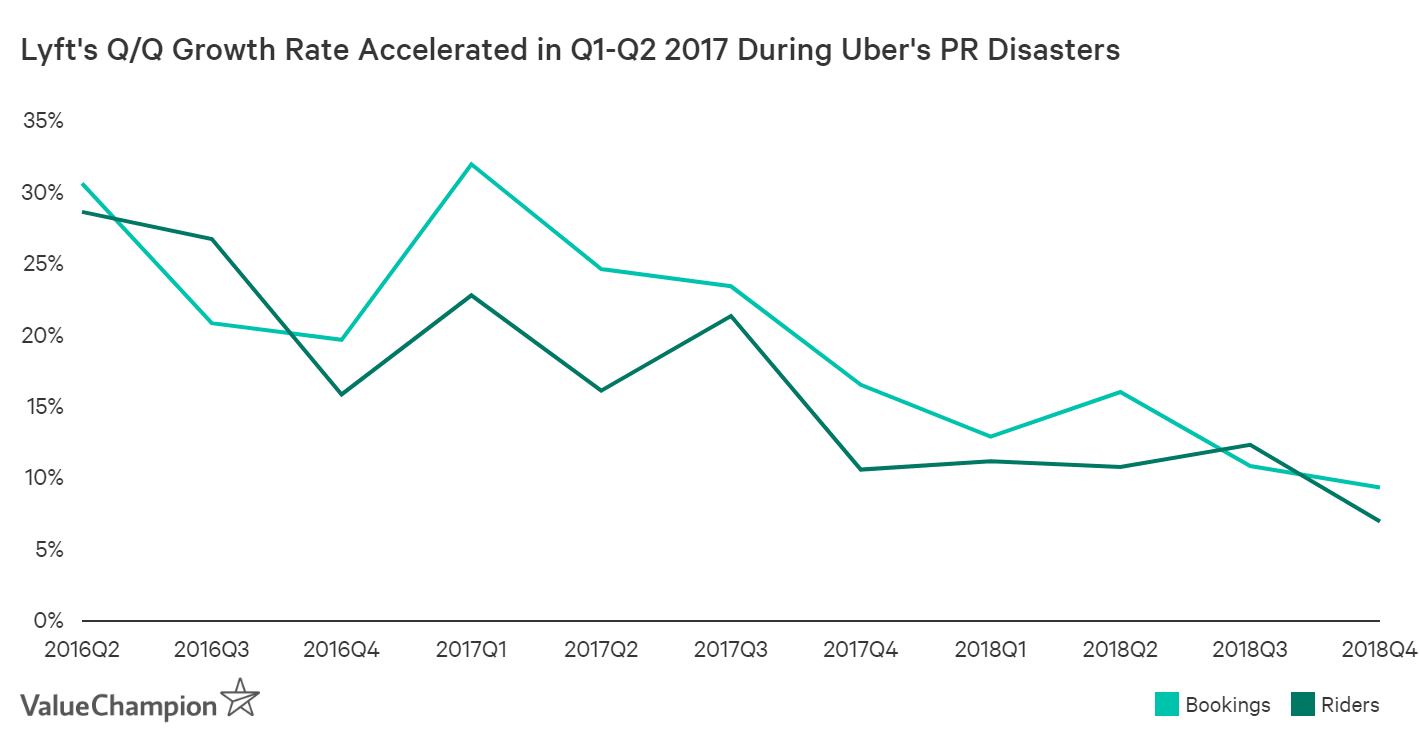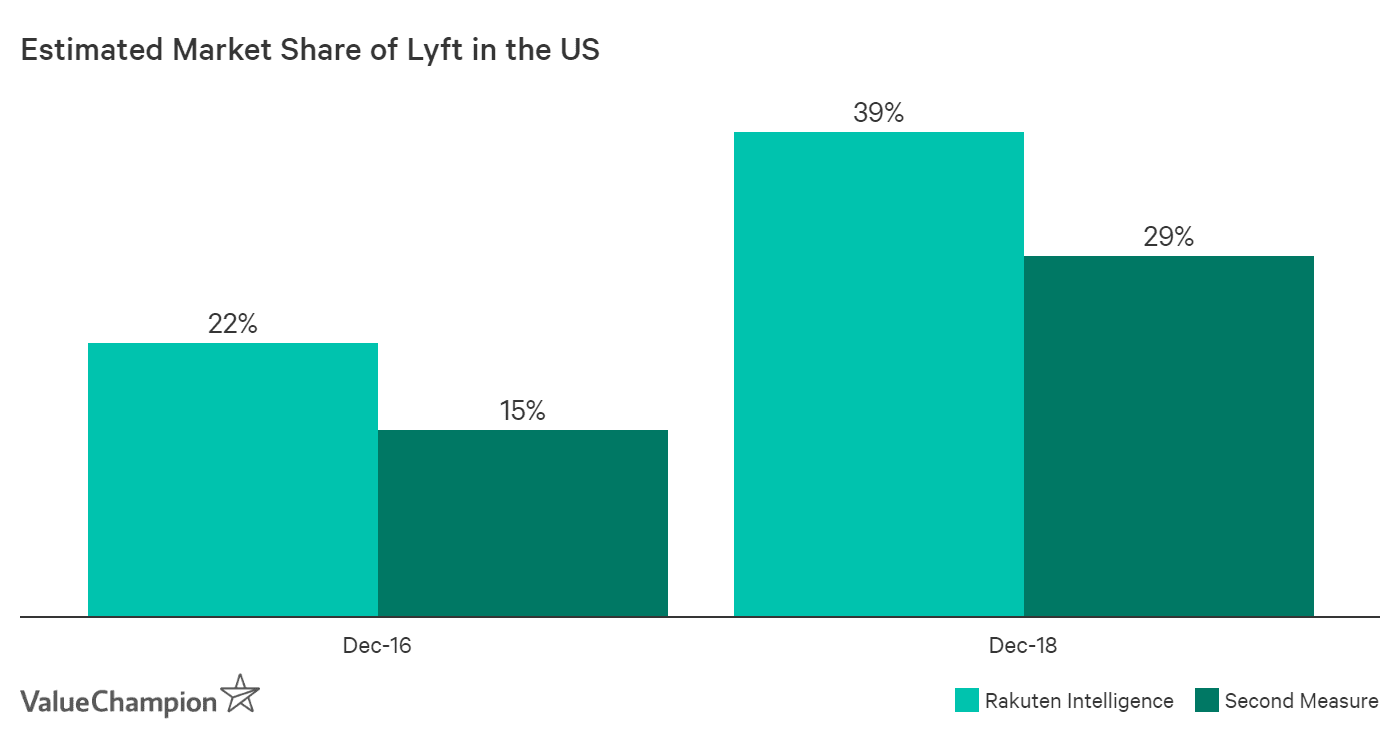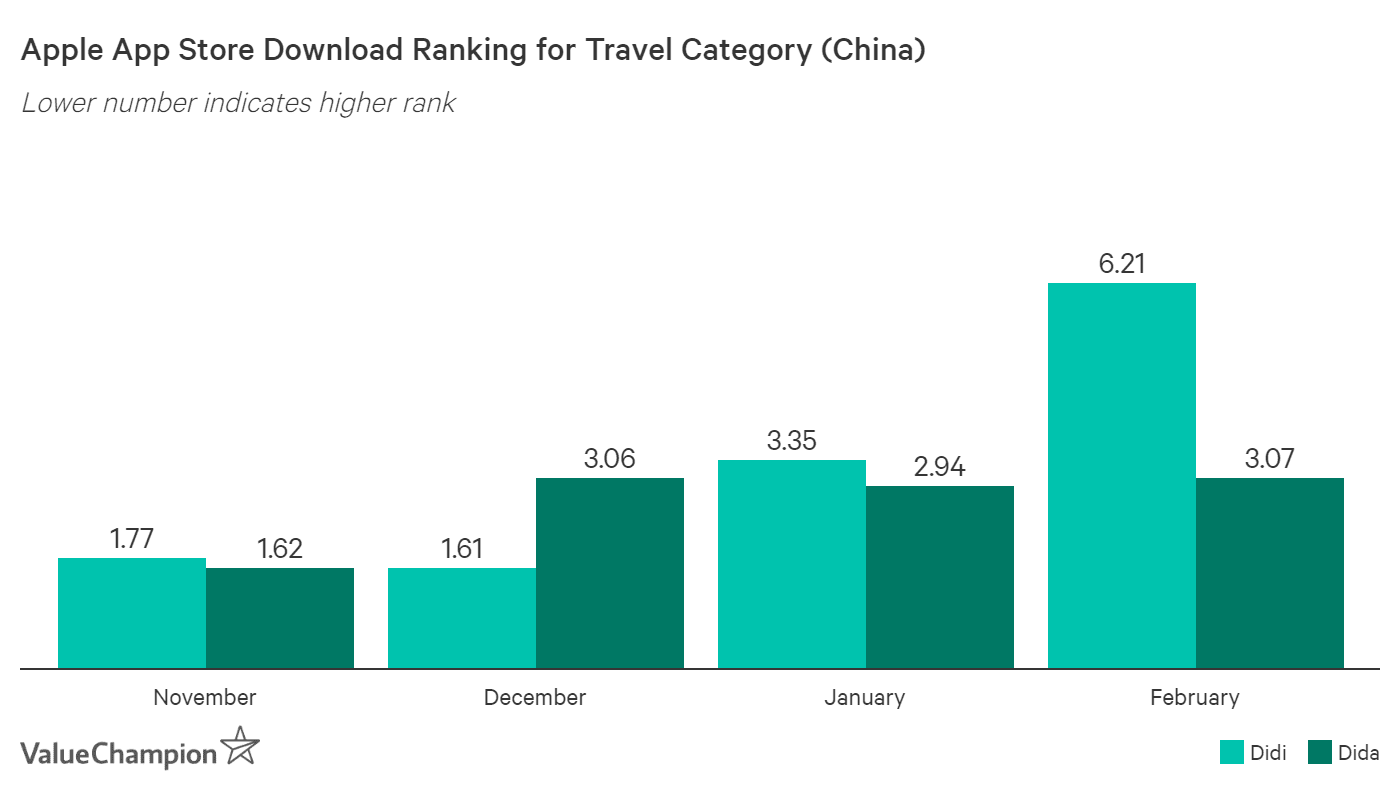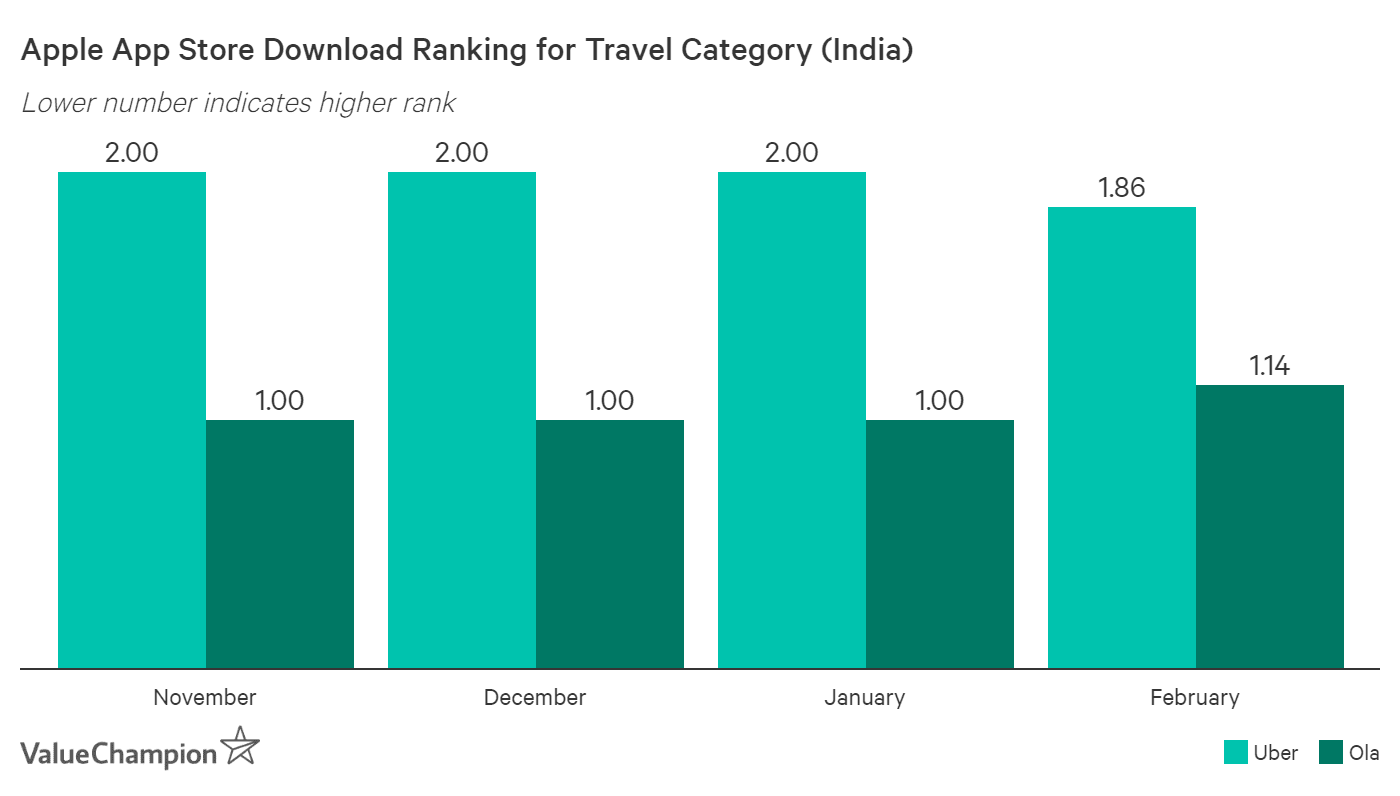The 200-seat co-working space is located in Blk 71 Launchpad at One-North

Innovation House Finland, which provides a soft-landing hub for Finnish startups in Asia and a gateway for Asian entrepreneurs in Finland, in partnership with Singapore-based VC firm Mercatus Capital, has opened a co-working space in the city-state.
Singapore’s is Innovation House’s third facility globally. The 200-seat co-working space is located in Blk 71 Launchpad @One-North. Membership options include the use of co-working facilities with services, such as inclusion in the local networks, social media marketing and being part of a collaborative community.
Members can also avail Eight Mercatus‘s (a startup platform launched recently by the VC firm) services such as searching for financial channels and partnerships, marketing and branding, recruitment, legal and patent affairs in the Asian market.
Innovation House was founded by Petra Erätuli-Kola and Katja Aalto. Its first facility opened in Otaniemi, Espoo in 2017, followed by another in Kallio, Helsinki in September 2018. The company hosts a community of more than 100 companies and over 600 members across all its facilities. Co-founder Erätuli-Kola said: “Innovation House’s long-term vision is to create a new culture of mutual collaboration and assistance between startups and corporations.”
Also Read: The co-working experience is not just about space but more about community
Launched in 2006, Mercatus Capital is an accelerator and incubator specialising in seed and startup investments, with the aim to enable and propel early-stage companies to grow beyond their local markets. It has funded 50 businesses in APAC.
Eight Mercatus is a startup platform that provides the key elements startups need for growth, including connectivity, funding, recruitment and crucial mentorship from well-established business leaders, and important entrepreneurship training. It also provides startups with access to an extensive network of connections and its business know-how.
Innovations House Singapore’s CEO Pete Karumo said: “The most pressing need for companies who come to Singapore are contacts and local business know-how. Innovation House, together with Eight Mercatus, is able to provide the services to help entrepreneurs get a strong start in Singapore because of Mercatus Capital’s local knowledge and strong network in Asia Pacific.”
“He further explained that because of the team’s strong entrepreneurial backgrounds, they are able to understand the issues their clients face and introduce innovative solutions to overcome them. The combination of their services, local expertise and investment backing makes their concept unique, distinguishing themselves from other established operators,” Karumo added.
Singapore has become increasingly successful at creating an environment conducive for startups to thrive, leading it to be well-known as a leading startup hub in not only Southeast Asia, but the world.
The post Innovation House Finland teams up with Mercatus Capital to open co-working space in Singapore appeared first on e27.













